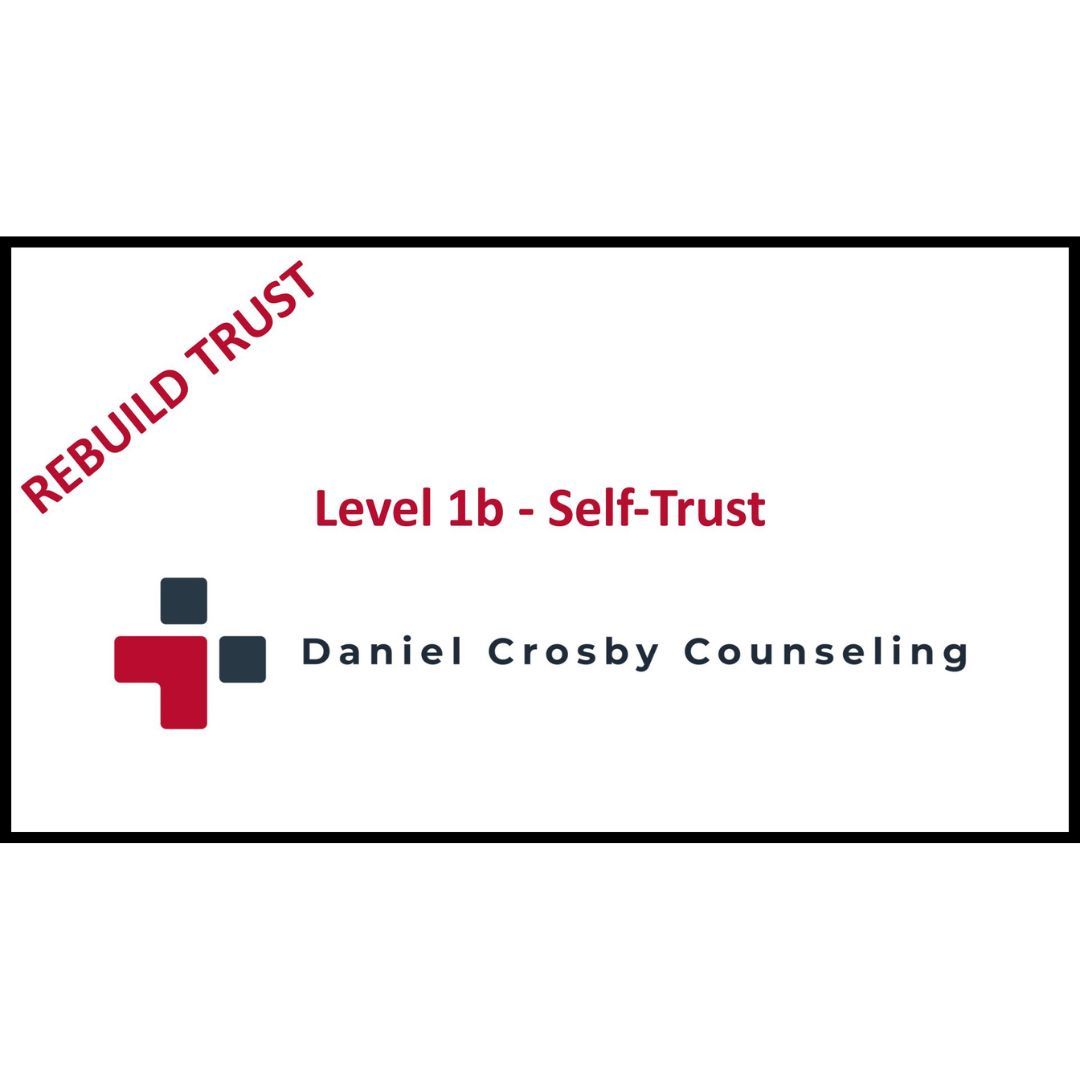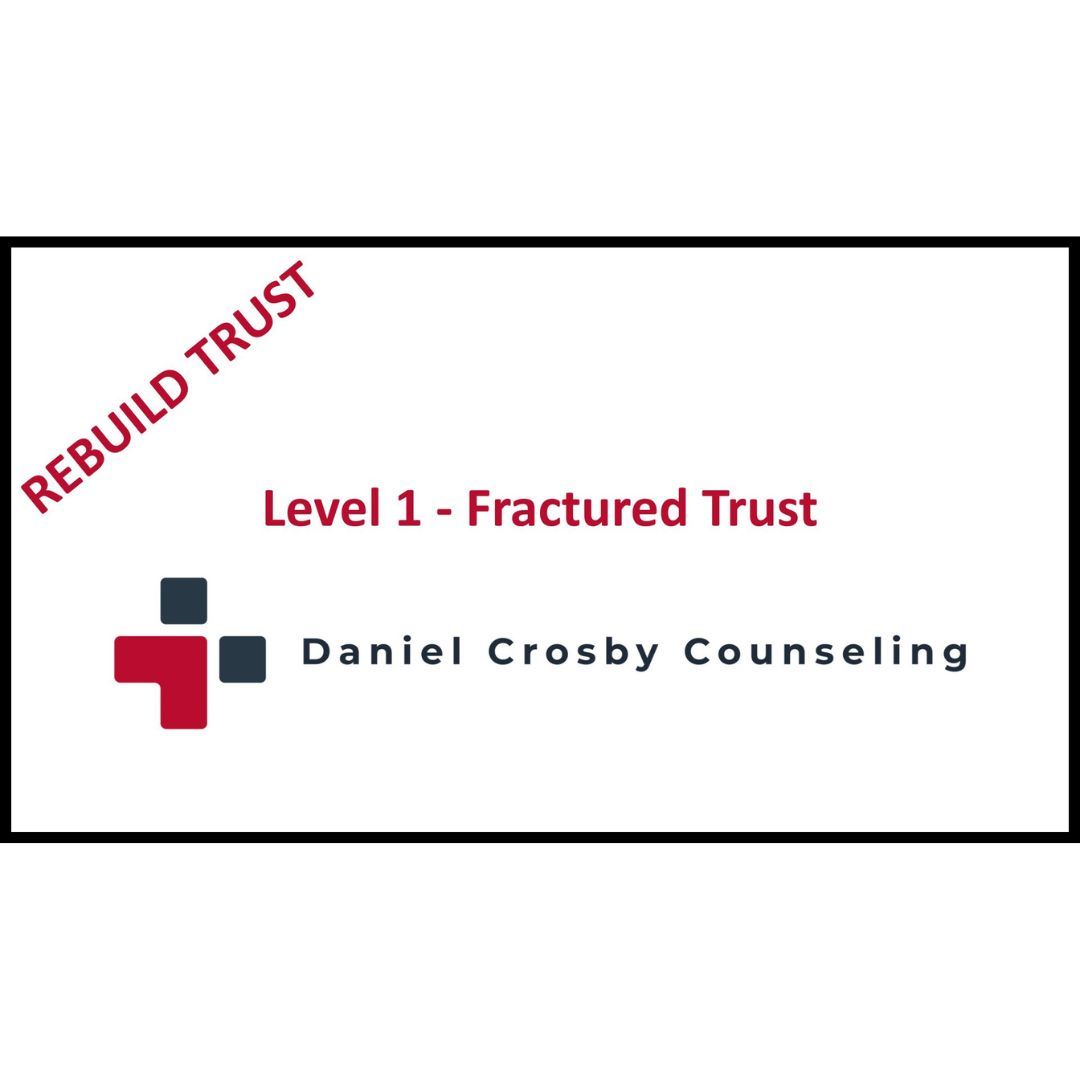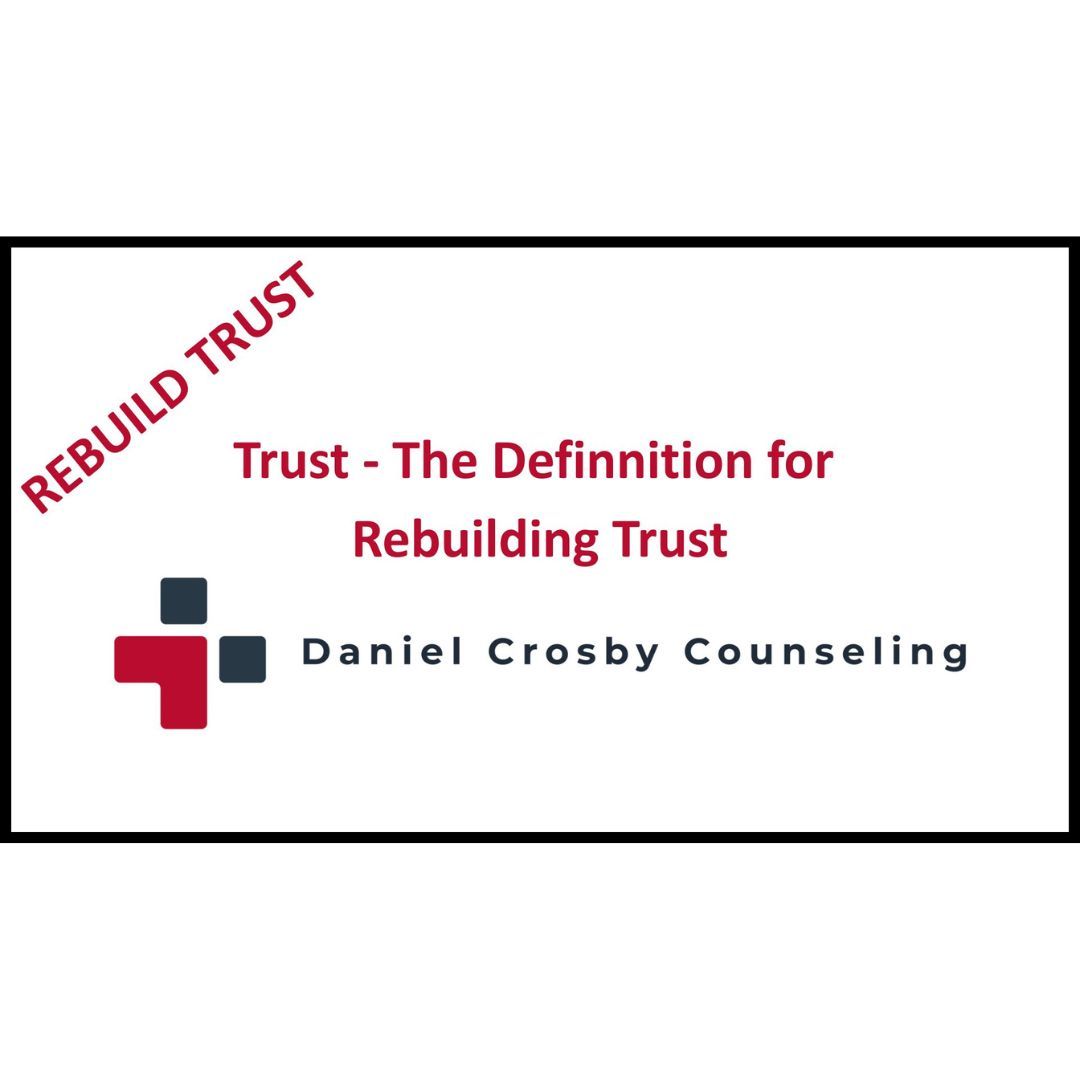We already said that sometimes we need to push past DISCOMFORT and not let it keep us from doing what is right and good for us.
Other times it may be healthier to RETREAT from the situation that is provoking our anxiety. I use the word RETREAT because it is temporary. We RETREAT now so we can charge forward later.
Here are 4 times when RETREATING from anxiety is the better option:
1. PROMOTING SELF-CARE: Retreating from anxiety can be a form of self-care. Some companies are beginning to require that their employees use up their vacation every year rather than save it. They know that to be at our best we need to get away sometimes. After vacation, we reenter the work world ready to press on.
2. PROBLEM-SOLVING: Retreating from anxiety temporarily can lead to improved problem-solving skills when you return to address the issues with a clearer mind. My 3rd grade teacher gave us a word search to do one day but I couldn’t find that last stinkin’ word. She said, “Just put it down and come back to it later and you’ll find that last word.” She was right! It was right there staring me in the face!
3. PREPARATION: Retreating can be a healthy timeout before intentionally confronting a stressful situation. If I know I’m going to have a particularly stressful day, I prepare. I watch my favorite relaxing show the night before, get to bed on time, and eat a healthy dinner and breakfast. Arguing with your daughter about the length of her skirt then slamming 3 cups of coffee and a Big Mac right before a big job interview probably isn’t going to improve your performance.
4. PEOPLE: Retreating to connect with friends, family, or a good counselor during anxious periods can provide comfort and understanding, which can help alleviate anxiety. Safe people can recharge us so we can step back into the fray and fight more effectively. Just like your phone, you’re at your best when you’re plugged in, connected, and have a full charge.
All 4 of these should be done intentionally and with a plan. We’re NOT burying our head in the sand or avoiding. We’re strategically retreating so we can live to fight better another day.
HOMEWORK:
Go back to your list of anxiety struggles. Which ones so you need to keep pressing in on and which ones should you temporarily retreat from? Make a note of which is which. Come up with a plan for and put a time limit on your retreat items for when you will reengage.
Every day I help hurting frazzled people by walking with them as they get back on the path toward becoming who God created them to be. Shoot me an email if there’s anything I can do to help you or someone you know.




